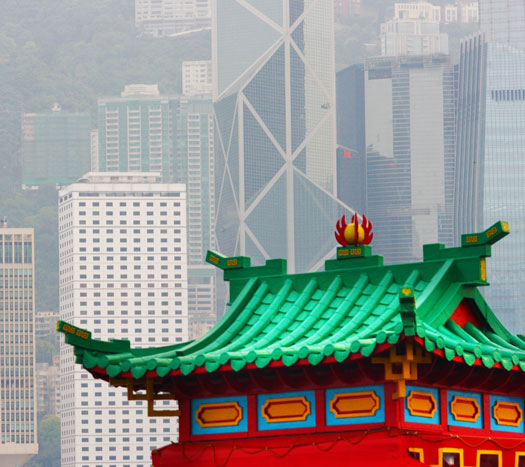Kevin Rudd has warned Australia is too “China dependent” in economic terms, and must diversify its international economic engagement. Via The Conversation.

Setting out principles he believes should govern the way forward in dealing with China, the former prime minister said for too long Australia had been “complacent in anticipating and responding to the profound geo-political changes now washing over us with China’s rise, America’s ambivalence about its future regional and global role, and an Australia which may one day find itself on its own”.
Launching journalist Peter Hartcher’s Quarterly Essay, Red Flag: Waking up to China’s challenge, Rudd said Australia needed a regularly-updated “classified cabinet-level national China strategy”.
This should be based on three understandings. The first was that “China respects strength and consistency and is contemptuous of weakness and prevarication”.
The others went to awareness of China’s strengths and weaknesses, and of Australia’s own strengths, weaknesses and vulnerabilities.
Rudd, who was highly critical of the government, declared “Australia needs a more mature approach to managing the complexity of the relationship than having politicians out-competing one another on who can sound the most hairy-chested on China”. This might be great domestic politics but did not advance the country’s security and economic interests.
Australia should “maintain domestic vigilance against any substantive rather than imagined internal threats” to its political institutions and critical infrastructure.
He fully supported the foreign influence transparency act, but he warned about concern over foreign interference translating “into a form of racial profiling”.
“These new arrangements on foreign influence transparency should be given effect as a legal and administrative process, not as a populist witch-hunt” – a return to the “yellow peril” days.
Rudd said Australia must once again become the international champion of the South Pacific nations, arguing the government’s posture on climate change had undermined Australia’s standing with these countries and given China a further opening. “The so-called ‘Pacific step-up’ is hollow.”
Australia should join ASEAN, Rudd said; this would both help that body and assist Australia to manage its long term relationship with Indonesia.
On the need to diversify Australia’s international economic engagement, Rudd said: “We have become too China-dependent. We need to diversify further to Japan, India, Indonesia, Europe and Africa – the next continent with a rising middle class with more than a billion consumers. We must equally diversify our economy itself.”
Rudd argued strongly for Australia to continue to consolidate its alliance with the United States.
But “Australia must also look to mid-century when we may increasingly have to stand to our own two feet, with or without the support of a major external ally.
“Trumpist isolationism may only be short term. But how these sentiments in the American body politic translate into broader American politics with future Republican and Democrat administrations remains unclear.”
Rudd once again strongly urged a “big Australia” – “a big and sustainable Australia of the type I advocated while I was in office.
“That means comprehensive action on climate change and broader environmental sustainability,” he said.
“Only a country with a population of 50 million later this century would begin to have the capacity to fund the military, security and intelligence assets necessary to defend our territorial integrity and political sovereignty long term. This is not politically correct. But it’s yet another uncomfortable truth.”
Author: Michelle Grattan, Professorial Fellow, University of Canberra
